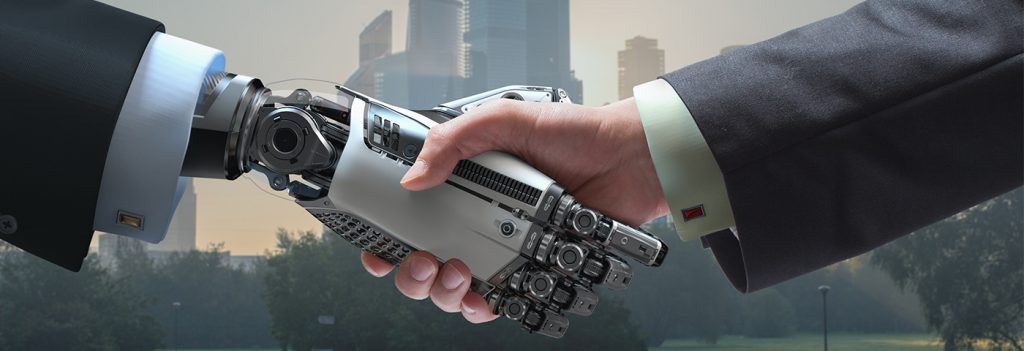A week or so ago I was chairing this year’s Eyefortravel Europe conference. All of the important subjects of the day were discussed, including mobile, data, personalisation, disruptive technology, artificial intelligence and so on.
There was certainly a lot to learn.
The implicit theme of this, and similar events, is that using the right technology is one of the most important factors in ensuring your business is successful. You need to learn about the technological opportunities that exist, how they are being put to use by others and how they can be utilised by you to drive your business ahead.
Two of the panel sessions got me thinking that with all the talk about harnessing technology, it should not be forgotten that it is still the people in your business that really matter.
The first session featured two case studies on how to create customer experiences to drive bookings. Speaking were Parker Stanberry, Founder and CEO of Oasis (best described as an upmarket Airbnb with full service) and Dirk Tietz, Chief Digital and Transformation Officer for DER Touristik.
Dirk’s case study was Kuoni UK, acquired by Rewe Group, DER Touristik’s parent company, from Kuoni Group in 2015. The deal allowed Rewe to use the Kuoni brand names in Switzerland and the UK with Kuoni Group remaining the owner of the Kuoni brand.
Kuoni UK has been building a retail network which is unusual in this age of OTAs and online travel. Looking at the company’s website you will see there are nearly 50 Kuoni stores, covering the entire United Kingdom. Some are placed in John Lewis stores which I guess will keep costs down. On Kuoni UK’s website, slogans Call Us – Meet Us – Ask Us, promote person to person contact with customers. Dirk spoke about how Kuoni UK customer-facing staff are trained to be knowledgeable in the products they are selling. Kuoni UK has been revitalising itself and Dirk’s conclusion is that this is thanks to its people.
Parker had a similar tale to tell with the success of his company very much based on the way in which his people meet, greet and look after his customers. He sees his people and the way in which they look after his customers as key to his business’s success.
The final session of the conference was a panel discussion on whether the future of data is in technology or people.
Discussing this point were Neal Lathia, Senior Data Scientist, Skyscanner; Carlos Sánchez, Senior Manager Big Data Analytics, Product Innovation, Carlson Wagonlit Travel and Joerg Esser, now an independent consultant but previously Group Director for Complementary Business at Thomas Cook. In other words, people who know what they are talking about. Amongst other topics, we discussed the role of artificial intelligence in interpreting data.
The conclusion? Data is pretty useless without people to interpret it. Moreover, Joerg went as far as to say that AI is so far away from being artificial intelligence that we shouldn’t even be using this term. He prefers to call AI, ‘Augmented Intelligence.’
What were my conclusions? Well, when it comes to applying technology to business there are two strategies you might follow:
- For high margin products such as those of Oasis and Kuoni UK, put your people in the front line, customer-facing roles.
- For businesses such as Skyscanner’s where there is a high footfall of customers with lower margin transactions, automate customer interaction as much as possible and make use of data to personalise the customer experience.
Whichever business strategy you follow, people are still needed to design and implement technology. Man vs. machine? It’s no contest, we’re still going to need each other for many decades to come.


